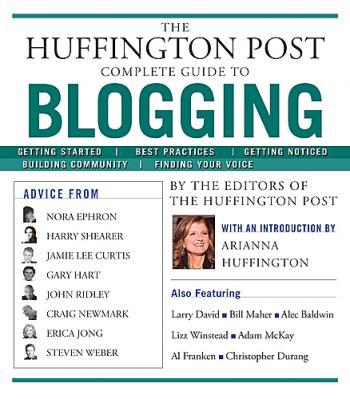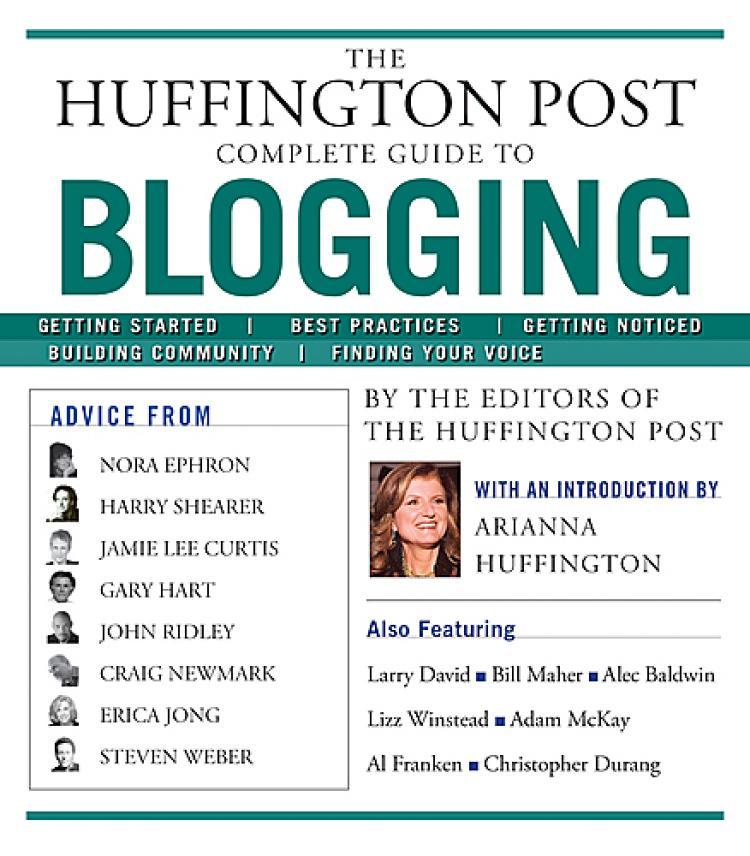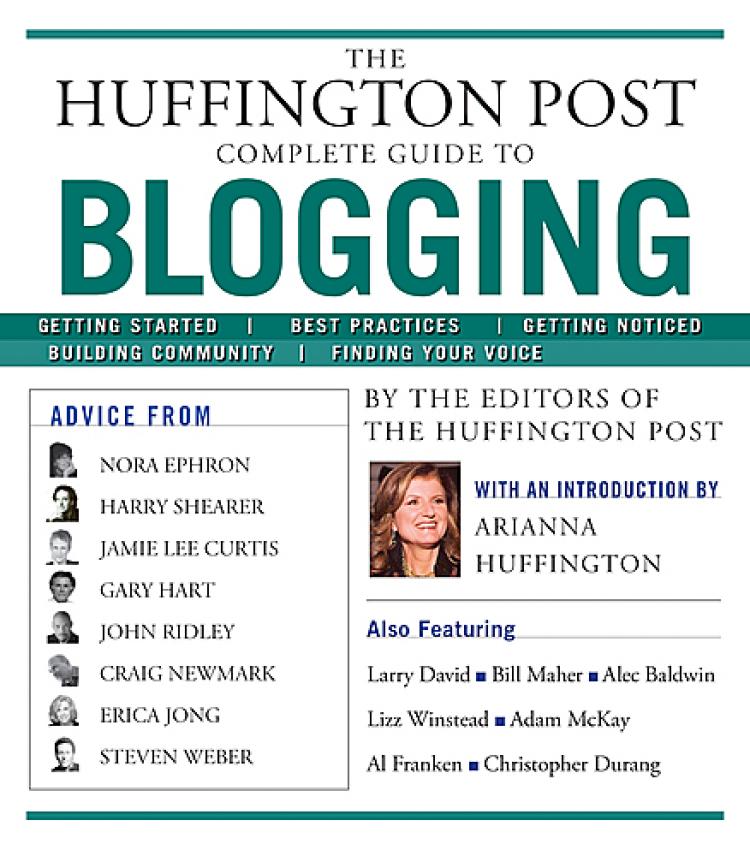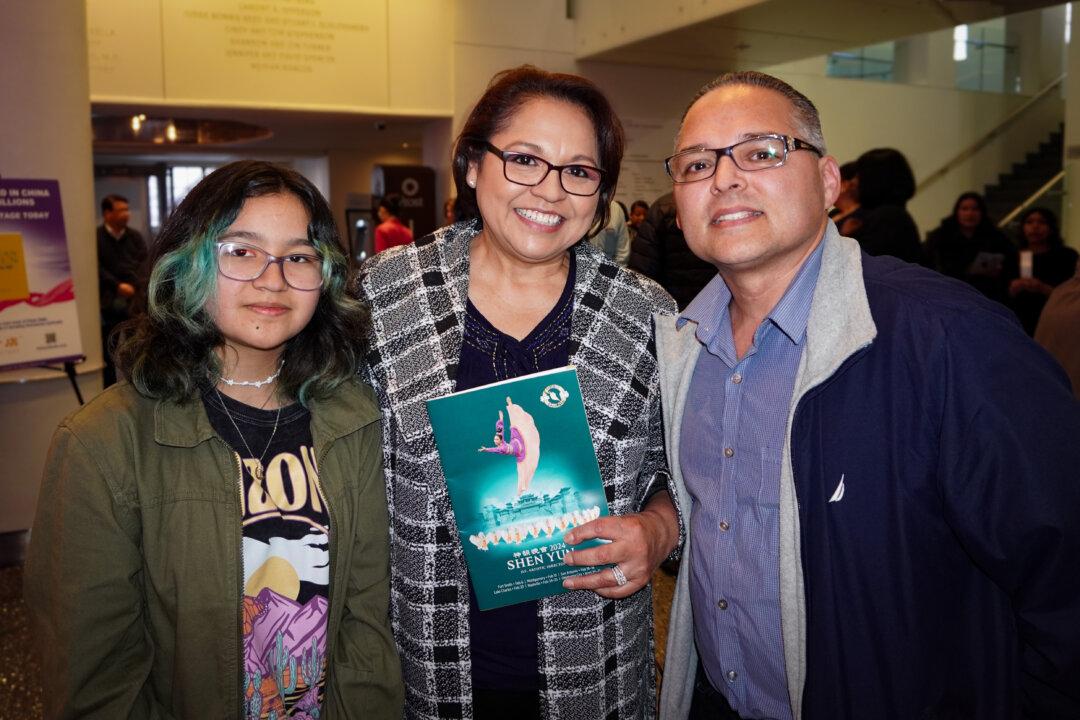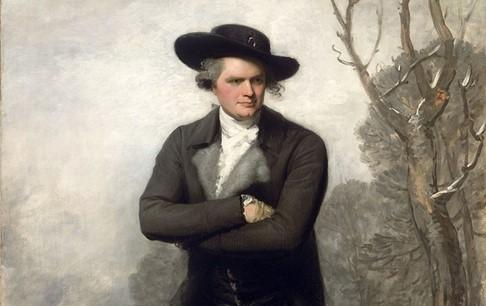NEW YORK—New media and old can clash and crowd each other out, but blogger extraordinaire Arianna Huffington argues in a new book that the two worlds are rapidly joining together to bring out the best in each other, said Reuters.
Publisher of her book, Simon & Schuster, says “The editors of The Huffington Post—the most linked-to blog on the web—offer an A-Z guide to all things blog, with information for everyone from the tech-challenged newbie looking to get a handle on this new way of communicating to the experienced blogger looking to break through the clutter of the Internet.”
Traditional journalists are blogging, while bloggers are gaining credibility and stature in traditional media, Huffington said in a Reuters interview prior to a release of “The Huffington Post Complete Guide to Blogging.”
The blogging guide provides tips on getting started and noticed as well as Huffington’s own views, having created one of the most influential websites to gain prominence during the 2008 White House race.
In her book, Huffington provides a major reason why people blog. “The main reason to blog is that you have something to say to the world—and you want to see what the world has to say back.”
“There’s this real convergence, where basically you found that the best and most accurate rose to the top, whether it originated from Time magazine or from Nate Silver’s 538.com, which did not exist before the election,” she said. The 538.com website collected and analyzed political and polling data.
“The convergence is going to keep growing, as we saw in this election period, two years and four years from now, I’m sure,” she added. “They have to share the power.”
The Huffington Post, or HuffPo as it is known, experimented with citizen journalism in its “Off The Bus” feature, in which thousands of amateurs wrote accounts from the campaign trail.
One of HuffPo’s biggest moments came when a volunteer contributor recorded then-candidate Barack Obama at a fund raiser, closed to the press, saying people in small towns grow “bitter” and “cling to guns or religion.”
“Blogging,” Huffington wrote in the book ’s introduction, “has been the greatest breakthrough in popular journalism since Tom Paine.” Paine’s 1776 pamphlet “Common Sense” dramatically helped promote the cause of American independence.
Huffington Post bloggers say there are many reasons to post blogs. Bob Cesca said he blogs for catharsis—“being able to respond to politicians and the corporate media without having to be employed by either, and while not necessarily having to walk a picket line.”
Actress Jamie Lee Curtis called it “the individual roving mind of a woman. My mind. Something had happened in the world, it had been presented in the press, and I had a very strong feeling about it.”
HuffPost blogger Leslie Goldman wrote a “snarky blog” that pit her in a CNN faceoff with the Dean of Southwestern Baptist University.
The book trumpets the immediacy and transparency of blogging over traditional media. It addresses some of blogging’s troubles with standards and weak sourcing, but only lightly, concentrating instead on the personal and political benefits from the multitude of online voices.
The new cannot entirely replace the old nor produce the results of time-honored investigative journalism, she said.
Author and screenwriter Nora Ephron, one of several HuffPo contributors, wrote in the guide how she learned the difference between blogging and writing for magazines or books.
“One of the reasons for blogging was to start the conversation and to create the community that comes together to briefly talk about things they might not be talking about if you hadn’t written your blog,” Ephron wrote. “A blog was a soap bubble, meant to last just a moment or two.”
Huffington wrote that she found “it was utterly liberating to find a place where the random thought is honored.”
But most important, she said, “blogging allows anyone without access to [mainstream media] to have a voice, and that is really what is significant.”

